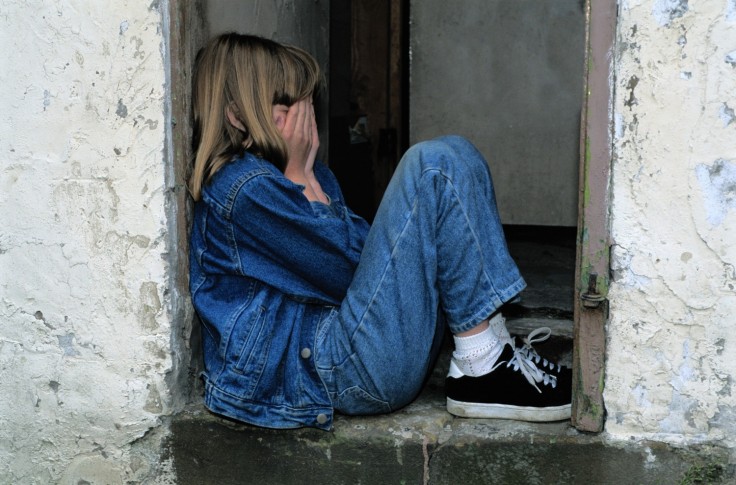
Children have both sad and happy experiences while they are growing up. Childhood is all about making memories-- whether good or bad. However, bad memories are the least thing that we want our children to remember. Bad memories can trigger a scarring experience, which can and will eventually become a trauma.
When your child experiences traumatic events or things that made him feel traumatized, as a parent, it is your job to comfort them and make them feel that things are going to be okay. Reassuring them that they are safe in your arms and supervision will help them manage their fear and guide them through their grief.
Parents should be able to guide them and help them overcome their traumas in the healthiest way possible. To know how to help your children get through a traumatic event or their traumas, here is a guide where psychiatrists, psychologists, and mental health experts have written for parents to follow in crucial situations like these.
Note: if your child is experiencing a traumatic event that has affected them in the worst way, do not hesitate to bring them to a psychiatrist or a doctor. This way, you can give your child the medical help that they need to cope with their trauma. Having them checked by mental experts will also give parents the best recommendations and therapy steps for their child to take.
Coping Guide for Children After a Traumatic Event
1. Always make them feel that they are safe. As parents, your child's well-being, safety, and security should be your top priority. It is important for parents to make their children think that they are safe in their arms. A long hug or a warm cuddle will definitely do the work. You can always knock on their room and lay beside them before they go to sleep. For little children, you can sing them a lullaby or read them a good story for them to feel calm. For older children to teenagers, you may want to just lay beside them and talk about good things.
2. Be calm. Since your child is living in fear and doubt from the traumatic event, as a parent and an adult, you need to be the calm person in the picture. The last thing that you want your child to see is your worried and fearful face. Although as a parent you may also feel scared for your child, you should be composed in handling and helping them cope up with their trauma. Never bring up topics that are related to anxiety or anything that will make you or your child anxious. Always be mindful of your words, your actions, and your tone of voice. These little gestures can trigger their fears and it will only make the situation worse.
3. Make a healthy routine. One way that you can help your child cope with the traumatic event is by laying out a new routine where you can help your child keep his mind off the trauma and be focused on a new thing. This may be a new game, new hobby, or a new activity where they can take off their mind and shrug the feeling off their chest even just for a while. Having a regular meal time together as a family is one routine that you can impose on your family.
4. Help them enjoy through playtime. It is best to let your children play and do stuff that they love at times after a traumatic event. This will make a good distraction for them too.